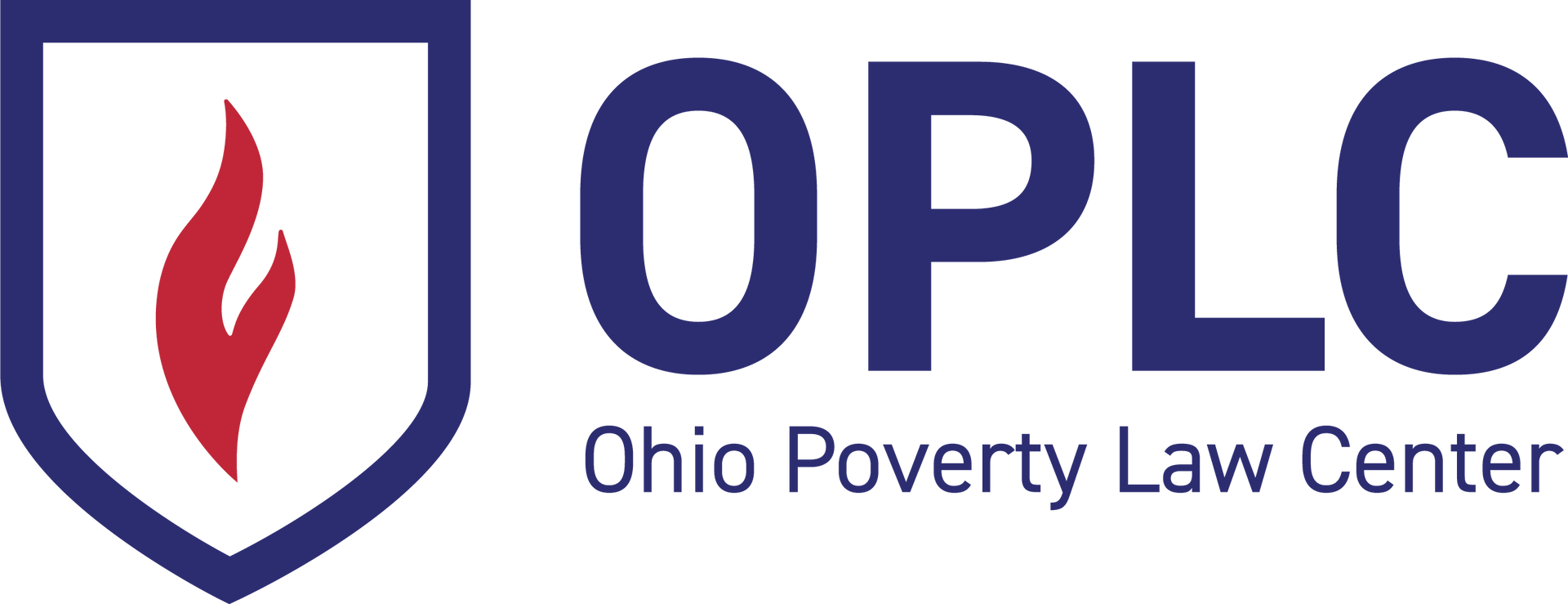OPLC & CHILDREN’S DEFENSE FUND RELEASE ZERO TOLERANCE & SCHOOL DISCIPLINE ISSUE BRIEF
Zero Tolerance School Discipline Policies Are Harming Ohio’s Children
New Report from Children’s Defense Fund-Ohio and Ohio Poverty Law Center Highlights How Suspension and Expulsion Harm Low-Income Children, Minority Children, and Children with Disabilities
Columbus, OH – Black students in Ohio public schools are over 5 times more likely to be suspended than white students, according to a new report released today by the Children’s Defense Fund-Ohio (CDF-Ohio) and the Ohio Poverty Law Center (OPLC). The report also explains that economically disadvantaged students are over 4 times more likely to be suspended than kids with no economic disadvantage, and students with “emotional disturbance,” one of several disability categories under federal law, are over 7 times more likely to be suspended than kids with no disabilities. “These disparities in discipline rates in public schools are a particular concern because a history of prior suspensions from school is one of the most prominent factors that leads to young people dropping out of school,” said Sarah Biehl, OPLC staff attorney and one of the authors of the report.
The policy brief sheds light on the problems created by zero tolerance school discipline policies in Ohio schools and explains why harsh discipline that removes children from school, such as suspension and expulsion, harms students, schools, and communities. The issue brief, titled Zero Tolerance and Exclusionary School Discipline Policies Harm Students and Contribute to the Cradle to Prison Pipeline®, explains that, since the advent of zero tolerance school discipline in the late 1990s, disability, economic, and race disparities in discipline rates in Ohio have skyrocketed. Moreover, these negative outcomes have come without a boost in school safety or improvement in students’ overall academic performance. “Zero tolerance school discipline policies push children out of school and leave them without our guidance and care. We must do better for all of our students. Ohio’s future is at stake,” said Renuka Mayadev, Executive Director at CDF-Ohio.
The report includes a call to action to Ohio policymakers, educators, school administrators, parents, students, and community members and proposes next steps to halt the overuse of exclusionary school discipline and implement positive, preventive approaches to discipline that have been proven nationally to improve school climate and decrease disciplinary incidents. Proposed next steps to reverse the problem include revising the Ohio Revised Code to remove Ohio’s statewide mandate requiring the use of zero tolerance policies, revising individual school district policies, and implementing evidence-based models for teaching children positive behavior.
Children’s Defense Fund-Ohio provides a strong, effective, and independent voice for all the children of Ohio who cannot vote, lobby, or speak for themselves. We pay particular attention to the needs of poor and minority children and those with disabilities. CDF-OH educates the public about the needs of children and encourages preventive investments before they get sick, drop out of school, get into trouble, or suffer family breakdown.
The Ohio Poverty Law Center is a nonprofit law office that pursues statewide policy and systemic advocacy to expand, protect, and enforce the legal rights of low-income Ohioans. OPLC supports the statewide legal aid community and uses a three-pronged strategy of systemic advocacy, training & education, and strategic communications to achieve its mission.
